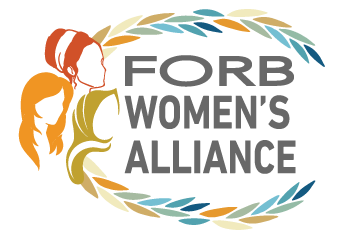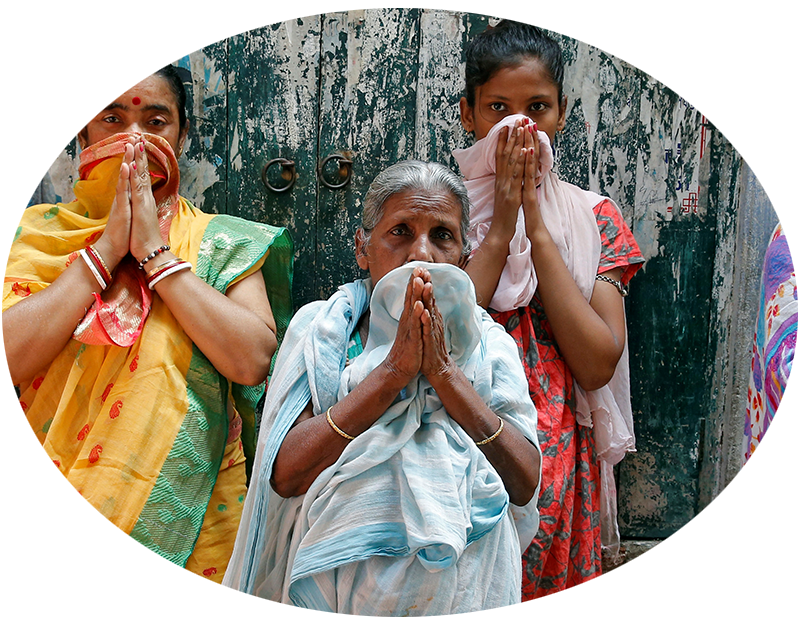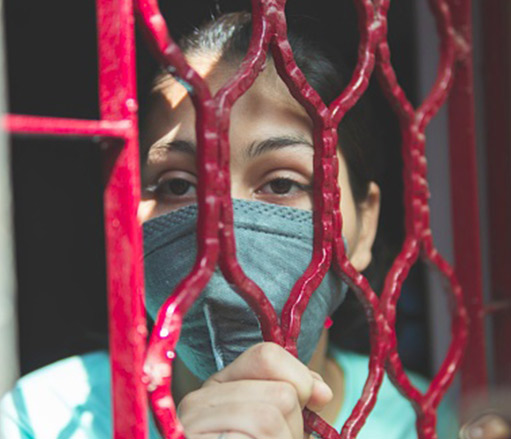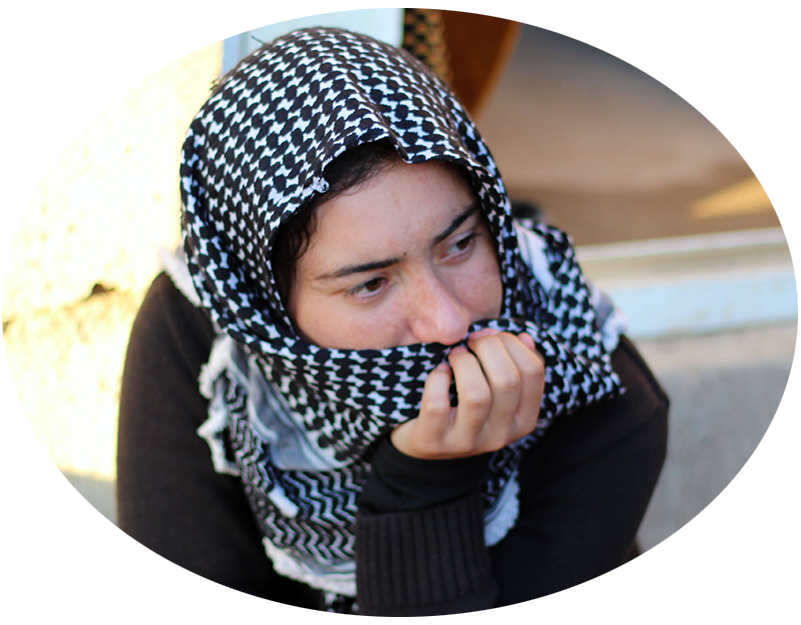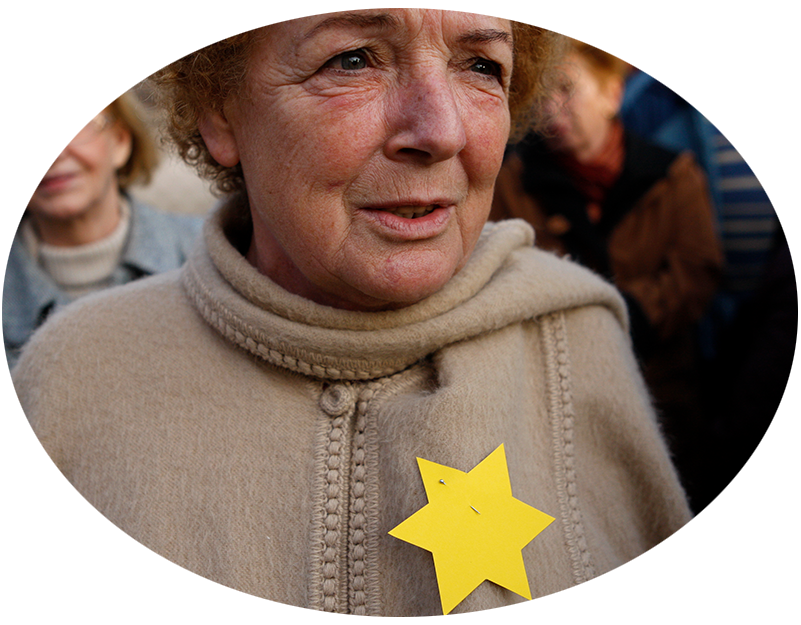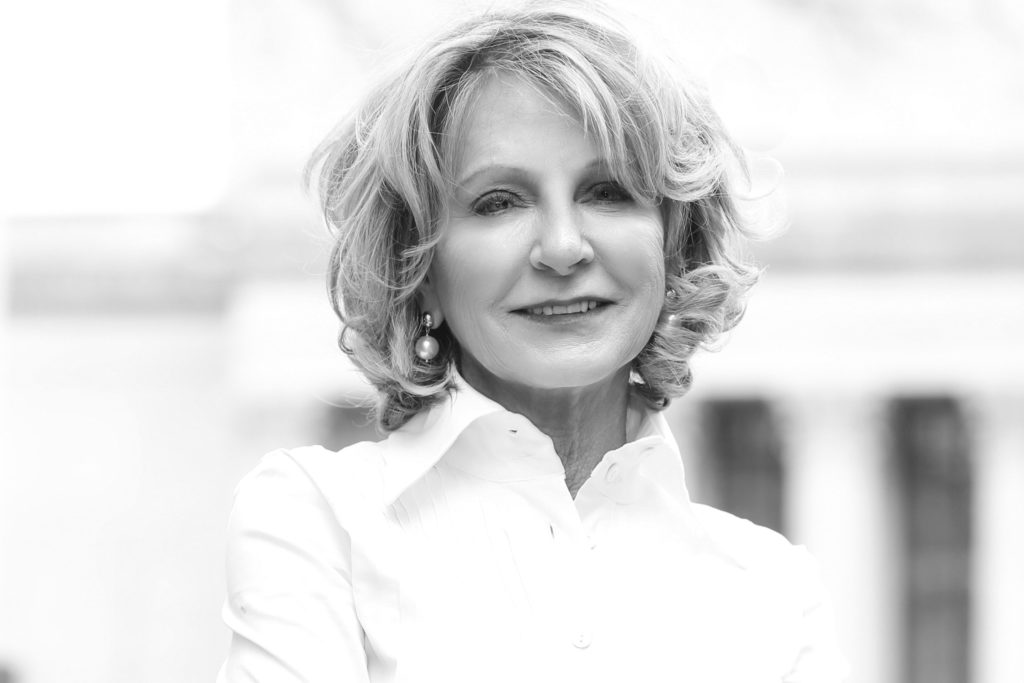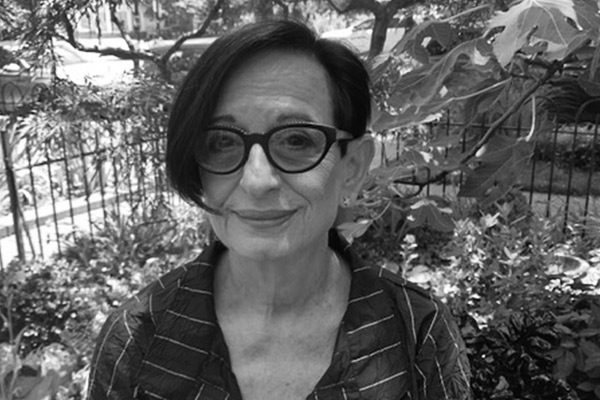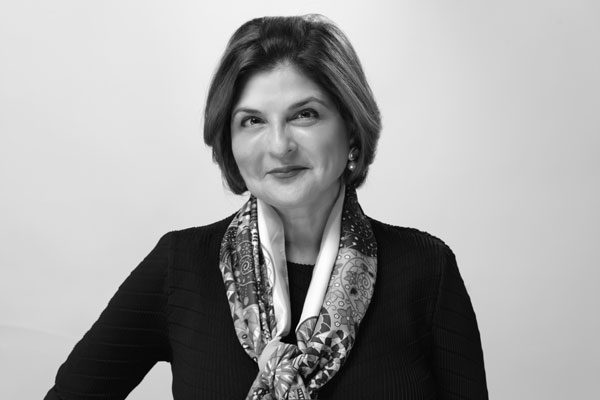Zainab Al-Suwaij is a Co-Founder of the American Islamic Congress (AIC) and has been its Executive Director since its inception in 2001. Zainab is an outspoken advocate for women’s equality, civil rights, and interfaith understanding.
Kit Bigelow formerly was the Director of External Affairs for the Baha’i National Center for 25+ years. She currently serves on IGE’s Center for Women, Faith & Leadership Advisory Council and on the Advisory Board of the Religious Freedom Institute.
Chelsea Langston Bombino is a Program Officer at the Fetzer Institute, a fellow at the Center for Public Justice and an adjunct professor at St. Mary’s University. Previously she directed Sacred Sector initiatives for the Institutional Religious Freedom Alliance.
Dr. Aykan Erdemir is the Director of Global Research and Diplomatic Affairs at Anti-Defamation League. He is a former member of the Turkish Parliament and a founding member of the International Panel of Parliamentarians for Freedom of Religion or Belief (IPPFoRB).
Mariam Ibraheem is a Sudanese Christian who was imprisoned for her faith and later sentenced to death. She now advocates for other victims of religious persecution.
Pari Ibrahim is the Founder and Executive Director of the Free Yezidi Foundation (FYF). She created FYF to provide support for Yezidi survivors in the aftermath of the Yezidi Genocide perpetrated by ISIS.
J. Merritt Johnston is the Executive Director of Baptist World Alliance Women and the Director of Communications and Media for the Baptist World Alliance, a network of 51 million Baptists in 128 countries and territories. She is an experienced strategist and communicator drawing from decades of service in the non-profit sector – including higher education, healthcare and the local church.
Naomi Kikoler is the director of the Simon-Skjodt Center for the Prevention of Genocide at the United States Holocaust Memorial Museum. She oversees the Center’s research, outreach and policy engagement. She previously led, as Deputy Director, the Center’s policy work with the United States government and work on Bearing Witness countries, including undertaking the documentation of the commission of genocide by ISIS. She is a leading expert on genocide and conflict prevention and her work is published widely. She is a graduate of McGill University’s Faculty of Law, Oxford University, and the University of Toronto.
Dr. Ewelina U. Ochab is an experienced human rights advocate and legal researcher. She is a Co-Founder of the Coalition for Genocide Response, a programme lawyer at the International Bar Association’s Human Rights Institute and a member of the panel of experts for the International Religious Freedom or Belief Alliance.
Dr. Elizabeth Prodromou is Senior Scholar in the International Studies Program at Boston College, where she joins the teaching faculty in Fall 2023. She is also non-resident Senior Fellow in the Atlantic Council’s Eurasia Center. She served on the US Commission on International Religious Freedom (USCIRF) from 2004-2012, and is a Co-President of Religions for Peace.
Marcela Szymanski is a Brussels based public affairs consultant and former EU+NATO news correspondent (CNN en Español). Her academic research is in the fields of democratization and Human Rights, specially the right the Freedom of Religion. She is the Editor in Chief of the report “Religious Freedom in the World” for the pontifical foundation Aid to the Church in Need, a member of the Council of Experts of the International Religious Freedom or Belief Alliance (IRFBA) and a member of the Center for Shared Civilizational Values, a new G20 engagement group on Religion. She holds a BA in Communications, MA in Economics and PhD (abd) in International Politics from Georgia State University.
Dr. Katrina Lantos Swett serves as President of the Lantos Foundation for Human Rights and Justice. She is the former Chair and Vice-Chair of the United States Commission on International Religious Freedom (USCIRF) and teaches Human Rights and American Foreign Policy at Tufts University.
Frank Wolf served 17 terms representing Virginia in the House of Representatives and he is the author of the International Religious Freedom Act. Wolf founded and served as Co-Chairman of the Tom Lantos Human Rights Commission. He currently serves as a Commissioner on the United States Commission for International Religious Freedom.
